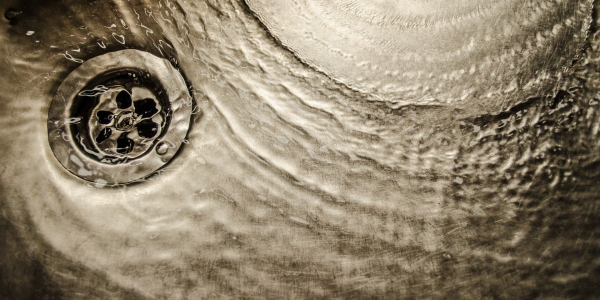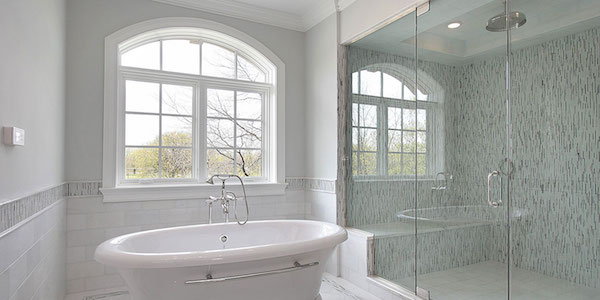Every feature of your house will need maintenance and a good clean once in a while, including your plumbing. Ignoring your faucets, drains and pipes could leave you with expensive fixes in the near-future. You don’t want to deal with frustrations like water that won’t circle down the drain or the pungent odour of sewage coming from the kitchen sink. Read more to find out how you can keep up the performance of your house’s plumbing and how to get the fixtures to look spotless.
Faucets
Vinegar is a cleaning tool that is incredibly useful, accessible, affordable and safe to handle. At worst, it has a strong smell that you can get rid of by opening a window and waiting for the air to clear. Plumbing features are just some of the things you should be cleaning with vinegar in place of store-bought concoctions — you can use it for drains, sinks, bathtubs, toilet bowls, shower heads and faucets.
You will notice that your faucets need to be cleaned if they have a lower flow than usual or if they are spraying water. The city of Toronto has hard water that can cause the buildup of calcium and magnesium in faucets and showerheads. You can effectively clean hard water buildup from faucets by carefully removing the filter from the head and putting it in a container of hot white vinegar — leave it for an hour, then scrub it with a toothbrush and rinse it with water before putting it back on.
Sink Drains
Every few weeks, you should pour vinegar down the drain and leave it alone for fifteen to twenty minutes. Then, boil a kettle and pour the piping hot water down the drain to clear away the buildup. If you have a clogged sink, take a clean plunger and fit the suction cup over the drain, then pump it up and down until the water recedes. If the clog isn’t fixed from the plunging, you should call a professional plumber in Toronto to assess the situation and determine what method should treat the blockage — they can use a basic drain snake, a rooter machine or water jetter to fix it.
It will be tempting to save a few bucks by running to the store and buying a container of liquid chemical drain cleaner, but it’s not the best plan. There are several reasons to leave that bottle of liquid drain cleaner sitting on the shelf:
- They often have high toxicity levels and will emit fumes that should not be inhaled.
- Drain cleaners are one of the most dangerous household chemicals that you can buy because they can be poisonous and corrosive — they often contain sulfuric acid and sodium hydroxide as main ingredients, which can cause burns, blindness and permanent injury. They are especially risky to have in households with pets and small children, who can accidentally open the bottle and come in contact with the contents.
- They are not environmentally-friendly because they can contaminate water and harm wildlife when they are in a landfill.
- The harsh chemicals can permanently damage your pipes and the fixtures.
- One of the biggest reasons to avoid the over-the-counter liquid cleaner is that it might not even work.
Bathtub And Shower Drains
Hair that goes down the drain forms a net and traps other items coming down the pipes, eventually causing a clog. This situation can be hard to avoid because hair falls out when you are washing or combing it. A simple solution is to get an over-the-top drain screen to catch the hair before it reaches the pipes — this will prevent hair clogs and stop other things from tumbling down the opening, like disposable razor heads or earrings. If you notice that you have a clog, you should call a plumber to snake the drain and remove the obstruction.
Toilets
You should be cleaning your toilet once a week, especially if you want it to look and smell fine. If you aren’t vigorous in your cleaning schedule, your toilet can accumulate a lot of unfortunate stains. Just like the other fixtures on the list, you can use vinegar to clean hard toilet stains by pouring it directly into the bowl and placing soaked strips of paper towel along the rim — you can also use it to wipe down the exterior of the bowl, the tank and the handle.
To maintain your toilet, you should be careful not flush anything that is not human waste or toilet paper down the drain. Popular things that create clogs are flushable wipes, paper towel, sanitary napkins, tampons and diapers. In the case of a clog, you can use a bathroom plunger to dislodge it and if that doesn’t work, you should get an expert to come over and fix the problem — you can call us 24/7 any time of the year to get help with these plumbing emergencies. If the smell bothers you, cover the lid with a plastic bag or with clingfilm and open up a window until the professionals arrive.
Floor Drains
Your basement drains will see very little use in comparison to the ones in your bathroom and kitchen — they are designed to protect your home against floods by getting rid of any water pooling on the ground. If the cover is coated in a layer of grime or dirt, use an old toothbrush to scrub it clean. Similar to the kitchen sink, you can carefully pour a bucket of hot water down the drain once in a while. If you smell any sewage, it could mean there is a clog or that the drain’s cleanout plug needs to be replaced. In that case, you can call a plumber to inspect the situation, clear out clogs and install any upgrades that the area needs.
Taking proper care of your plumbing can be boiled down to clearing drains on a regular basis, avoiding harsh cleaners and keeping unwanted items out of the pipes. When all else fails, you should call the experts to help you and to prevent the problem from happening again.






